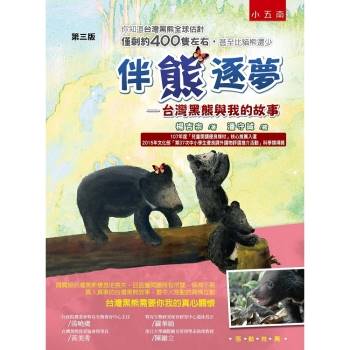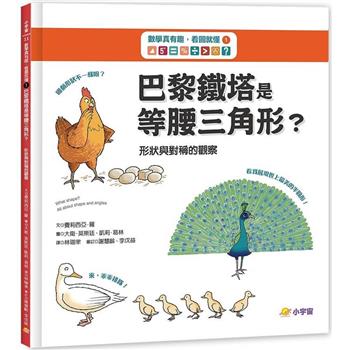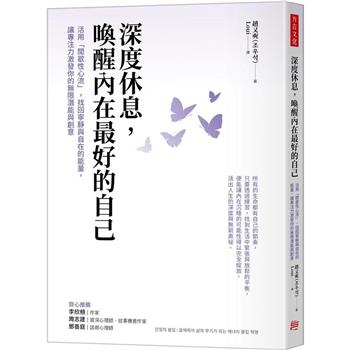The present global economic crisis demands we look anew at the role of corporations, and the working of financial markets around the world. In this challenging and insightful book, one of our most eminent economists provides a compelling new analysis of the corporate firm; the role of shareholders, managers and workers; and institutional governance structures.
In recent decades the firm has predominantly been seen as an organization run and governed in the interests of shareholders, where management act as the agent of shareholders, and the workers simply as instruments for share-value maximization. This book reverses this viewpoint. It sees corporations as cognitive systems where 'cognitive actions' are distributed amongst managers and workers, with shareholders in effect supplying 'cognitive tools' to them. Aoki analyses the different relationships that can exist between shareholders, managers, and workers from this perspective, and identifies a range of different models of organizational architecture and associated governance structures. He also discusses ways in which corporations act as players in social, political, and organizational games, as well as global economic games; how these inter-related social dynamics may change particular, distinctive national structures into the diversity incorporated in the global corporate landscape; and how they now call for new roles for financial markets.
| FindBook |
有 1 項符合
Corporations in Evolving Diversity: Cognition, Governance, and Institutions的圖書 |
 |
Corporations in Evolving Diversity: Cognition, Governance, and Institutions 作者:Aoki,Masahiko 出版社:Oxford Univ Pr 出版日期:2010-07-01 語言:英文 規格:精裝 / 16.5 x 24.1 x 1.3 cm / 普通級 |
| 圖書館借閱 |
| 國家圖書館 | 全國圖書書目資訊網 | 國立公共資訊圖書館 | 電子書服務平台 | MetaCat 跨館整合查詢 |
| 臺北市立圖書館 | 新北市立圖書館 | 基隆市公共圖書館 | 桃園市立圖書館 | 新竹縣公共圖書館 |
| 苗栗縣立圖書館 | 臺中市立圖書館 | 彰化縣公共圖書館 | 南投縣文化局 | 雲林縣公共圖書館 |
| 嘉義縣圖書館 | 臺南市立圖書館 | 高雄市立圖書館 | 屏東縣公共圖書館 | 宜蘭縣公共圖書館 |
| 花蓮縣文化局 | 臺東縣文化處 |
|
|
圖書介紹 - 資料來源:博客來 評分:
圖書名稱:Corporations in Evolving Diversity: Cognition, Governance, and Institutions
|











